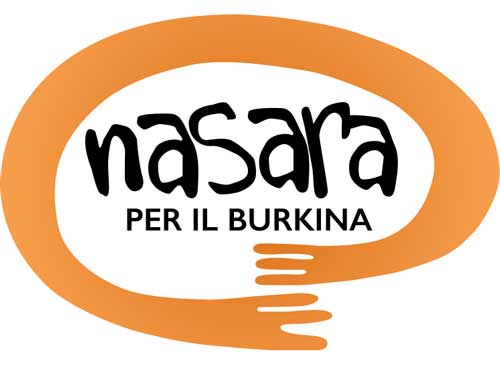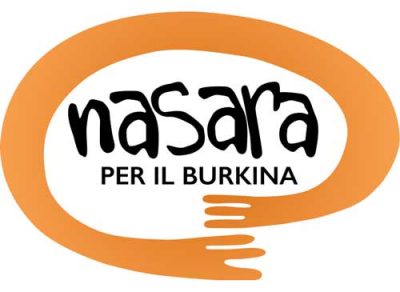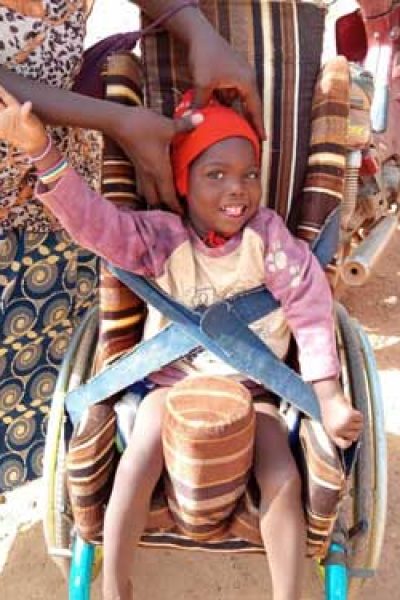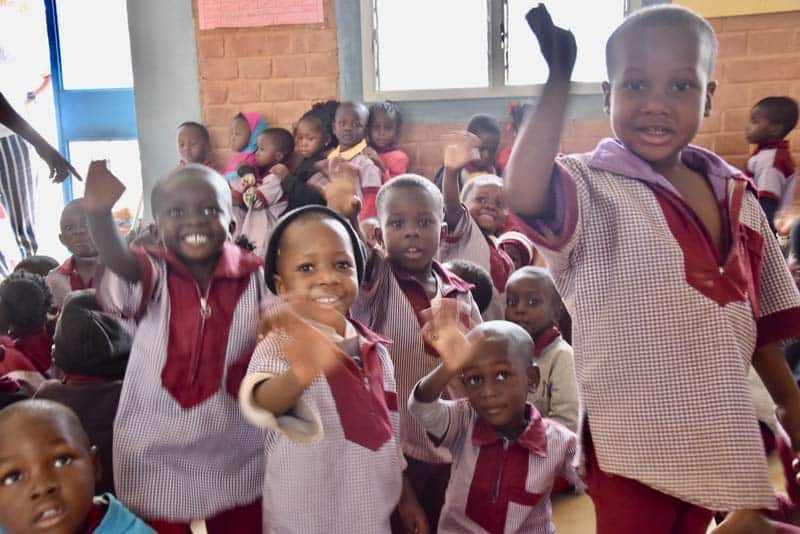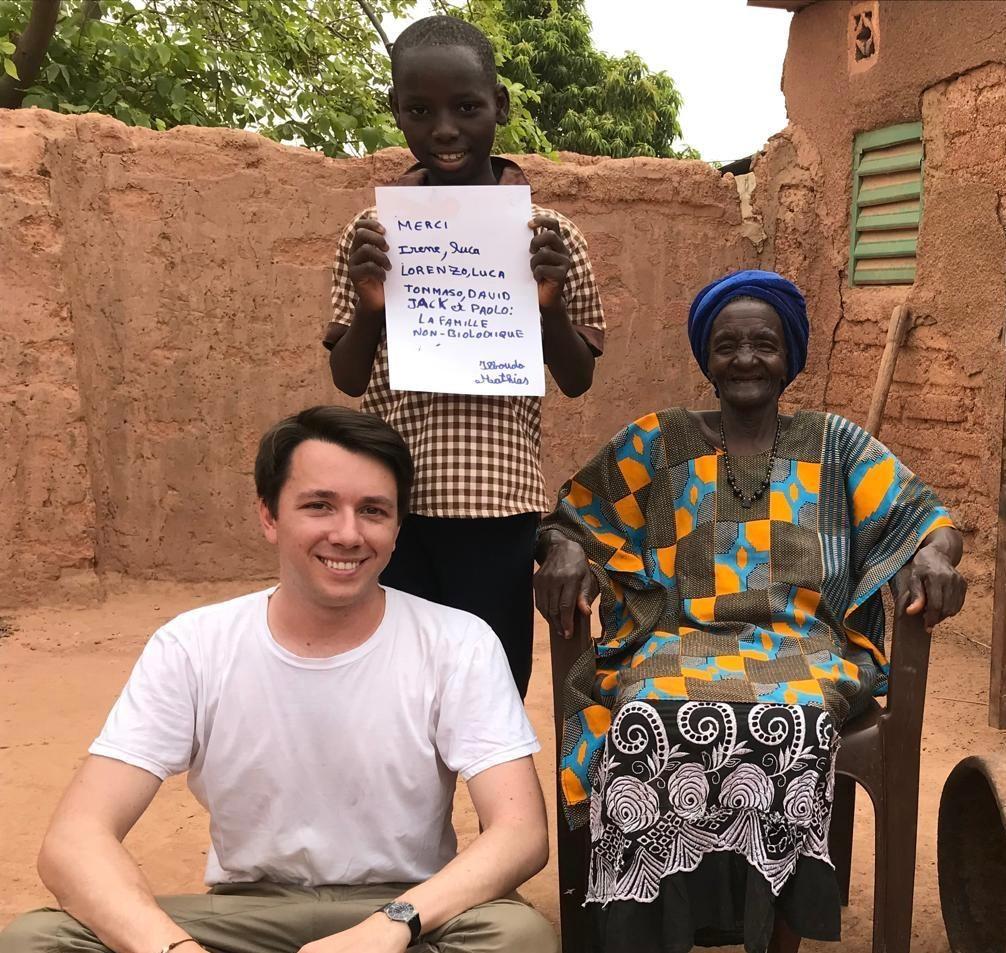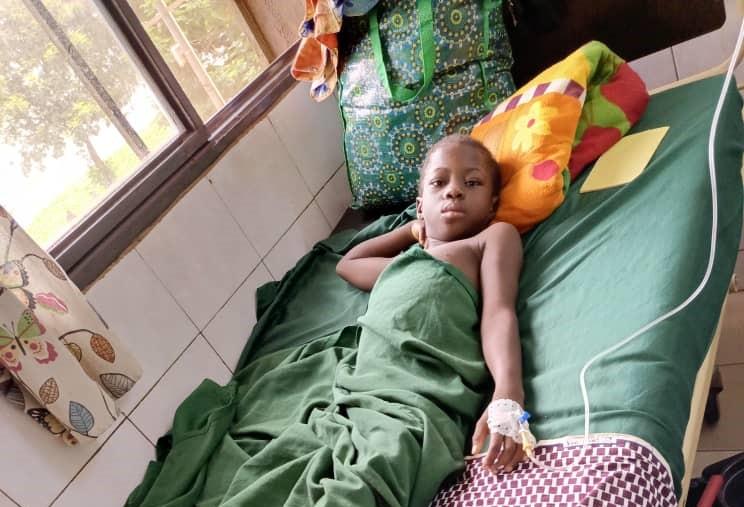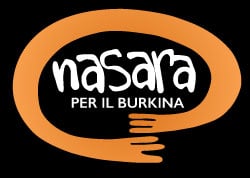Objectives
The main objective of the project is to make drinking water drawn from the depths available to the inhabitants of the area.
In order to achieve this goal, we have followed a tried and tested scheme of work throughout Africa, i.e. we will do the following:
- Through the use of modern equipment, identify several points to dig for water
- Validate one of these points through rhabdomant surveys of one or more villages that will use the well
- Dig the well with a motor-driven auger
- Equip the dug well with a hand-operated lifting pump
All materials are purchased locally and all labour is local.
In fact, one of the main features of our interventions is to boost the local economy in order to create a positive driving force for growth in Burkina Faso.
In 2010, our association, Nasara for Burkina, dug a similar well in the village of Rouaghin; you can watch a film that was made and edited to tell the story of the well’s inauguration in November 2010.
It is not possible, however, to recount the feelings of joy conveyed by all the children, women, men and village leaders at the moment when water came out of that incredibly arid land!
Recipients
The beneficiaries of the well are all the farmers of the association and the inhabitants of the surrounding villages. The pool of potential users is estimated at around 1,000 people.
The women of the villages, who look after the children, the hut and food preparation, also have the task, together with the children, of collecting water. The distance to water courses, or wells, is sometimes such that they have to walk for many hours a day.
We can help them by building wells!
With a well nearby, women have more time to devote to their children, tending the garden and the house, children have more time to study and play.
The men, who used to have to go and find work far from the villages, being away for days at a time, can now stay to work the land.
The water has in fact created work activities: cultivating crops, raising animals and thus producing food to support their families, selling surplus produce in local markets.
Building wells close to the villages is therefore vital!
Time and Place
The project took place in the village of Gonsè, about 20km northwest of the capital. The well was handed over to the village in December 2011.
Proponents
The proponents of the project are Nasara per il Burkina in association with Le Petit Baobab, a lay volunteer association in Burkina Faso born from the meeting of Burkinabè people and Italian volunteers, who with a spirit of solidarity decided to combine their means, their wills and their experiences to contribute to the development of Burkina Faso, trying to support initiatives in support of agriculture, livestock, handicrafts and culture.
